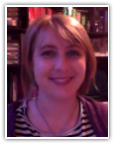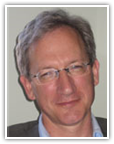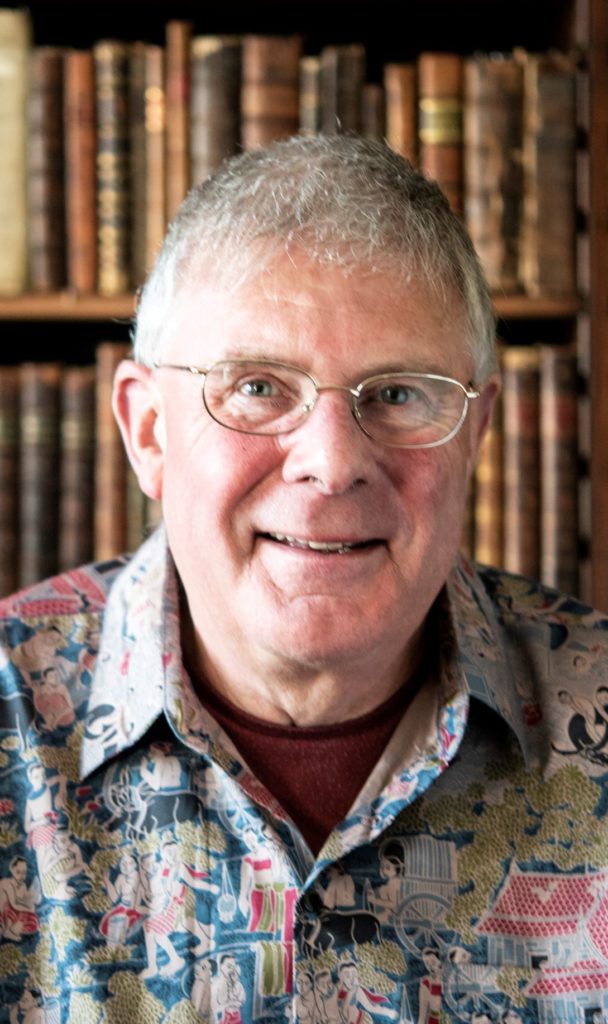Julie Davies (University of Melbourne)
 Julie Davies completed her PhD at the University of Melbourne and published her first monograph Science in an Enchanted World: Philosophy and Witchcraft in the Work of Joseph Glanvill in 2018. This work untangles the intricate development of Glanvill’s Saducismus triumphatus (1681) and explores how Glanvill’s roles as theologian, philosopher and advocate for the Royal Society of London converged in its pages. Davies’s research interests include dialogues between religion, science, philosophy and culture with a particular interest in debates about witchcraft and the supernatural, the experimental method, nature and pre-Linnean botany. Julie is also a Research Assistant to Professor Charles Zika at the ARC Centre of Excellence for the History of Emotions at the University of Melbourne. She was the recipient of an Australian Postgraduate Award and undertook a research fellowship at the Herzog August Bibliothek, Wolfenbüttel. Recent publications include: “Botanizing at Badminton House” in Domesticity and the Making of Modern Science and “German receptions of the works of Joseph Glanvill” in the Intellectual History Review. She also published an edited collection: A World Enchanted: Magic and the Margins, with Michael Pickering.
Julie Davies completed her PhD at the University of Melbourne and published her first monograph Science in an Enchanted World: Philosophy and Witchcraft in the Work of Joseph Glanvill in 2018. This work untangles the intricate development of Glanvill’s Saducismus triumphatus (1681) and explores how Glanvill’s roles as theologian, philosopher and advocate for the Royal Society of London converged in its pages. Davies’s research interests include dialogues between religion, science, philosophy and culture with a particular interest in debates about witchcraft and the supernatural, the experimental method, nature and pre-Linnean botany. Julie is also a Research Assistant to Professor Charles Zika at the ARC Centre of Excellence for the History of Emotions at the University of Melbourne. She was the recipient of an Australian Postgraduate Award and undertook a research fellowship at the Herzog August Bibliothek, Wolfenbüttel. Recent publications include: “Botanizing at Badminton House” in Domesticity and the Making of Modern Science and “German receptions of the works of Joseph Glanvill” in the Intellectual History Review. She also published an edited collection: A World Enchanted: Magic and the Margins, with Michael Pickering.
Howard Hotson (University of Oxford)
 Howard Hotson is Professor of Early Modern Intellectual History at the University of Oxford and a Fellow of St Anne’s College. His interests range widely over the histories of science, philosophy, religion, education, and communication in the early modern period, focusing especially on the traditions of further, general, and universal reformation emerging from central Europe in the periods before and during the Thirty Years War. The author, inter alia, of an intellectual biography of Comenius’s teacher, Johann Heinrich Alsted (OUP, 2000), and a survey of central European Reformed educational theory and practice (Commonplace Learning: Ramism and its German Ramifications, 1543–1630, OUP, 2007), he is currently directing an Oxford-based collaborative research project, funded by the Andrew W. Mellon Foundation, entitled Cultures of Knowledge: An Intellectual Geography of the Seventeenth-Century Republic of Letters.
Howard Hotson is Professor of Early Modern Intellectual History at the University of Oxford and a Fellow of St Anne’s College. His interests range widely over the histories of science, philosophy, religion, education, and communication in the early modern period, focusing especially on the traditions of further, general, and universal reformation emerging from central Europe in the periods before and during the Thirty Years War. The author, inter alia, of an intellectual biography of Comenius’s teacher, Johann Heinrich Alsted (OUP, 2000), and a survey of central European Reformed educational theory and practice (Commonplace Learning: Ramism and its German Ramifications, 1543–1630, OUP, 2007), he is currently directing an Oxford-based collaborative research project, funded by the Andrew W. Mellon Foundation, entitled Cultures of Knowledge: An Intellectual Geography of the Seventeenth-Century Republic of Letters.
Michael Hunter (Birkbeck College, University of London)

Michael Hunter is Emeritus Professor of History at Birkbeck College, University of London, and a Fellow of the British Academy. For many years his chief preoccupation was Robert Boyle: he is the principal editor of Boyle’s Works (with Edward B. Davis, 14 volumes, 1999-2000), Correspondence (with Antonio Clerucuzio and Lawrence M. Principe, 6 vols., 2001) and workdiaries (with Charles Littleton, available online). He is also the author of Boyle: Between God and Science (2009), which won both the Samuel Pepys Award and the Roy G. Neville Prize in 2011, and of Boyle Studies: Aspects of the Life and Thought of Robert Boyle (2015). His numerous other books deal with various aspects of seventeenth-century intellectual history, including the early Royal Society and its milieu. In 2017 he published The Image of Restoration Science: The Frontispiece to Thomas Sprat’s ‘History of the Royal Society’ (1667) (co-authored with Jim Bennett), which also reflects the concern with the visual culture of the period that led him to set up the website, British Printed Images to 1700. His latest book is The Decline of Magic: Britain in the Enlightenment (2020).
Stephen Gaukroger (University of Sydney)

Stephen Gaukroger is Professor of History of Philosophy and History of Science, and ARC Professorial Fellow, at the University of Sydney. He was educated at the Universities of London and Cambridge, and has written on many aspects of early-modern intellectual history, with occasional forays into classical and medieval thought. He is the author of an intellectual biography of Descartes (OUP, 1995), and among his more recent books are: Francis Bacon and the Transformation of Early-Modern Philosophy (CUP, 2001), Descartes’ System of Natural Philosophy (CUP, 2002), Objectivity, A Very Short Introduction (OUP, 2010), and Le monde en images. Voir, représenter, savoir, de Descartes à Leibniz (with Frédérique Aït-Touati: Garnier, forthcoming 2013). He has been engaged for some time on an examination of the emergence of a scientific culture in the West, and he is now at the mid-point of this project. Two volumes have already appeared: The Emergence of a Scientific Culture: Science and the Shaping of Modernity, 1210-1685 (OUP, 2006), and The Collapse of Mechanism and the Rise of Sensibility: Science and the Shaping of Modernity, 1680-1760 (OUP, 2010). The third volume, The Naturalization of the Human and the Humanization of Nature: Science and the Shaping of Modernity, 1750-1820 should be ready by the middle of the decade.